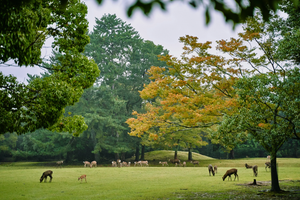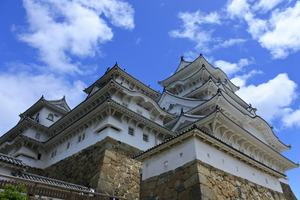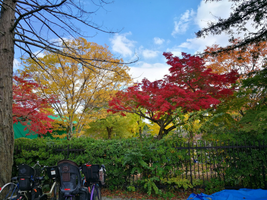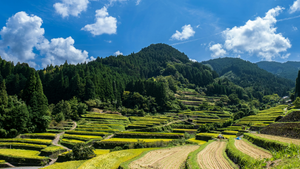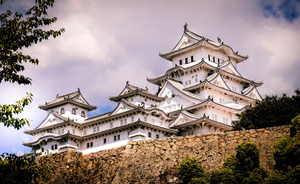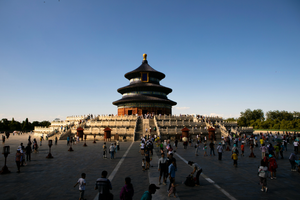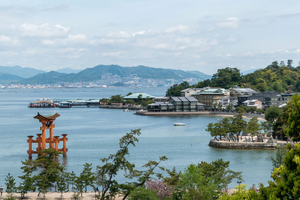Untamed and Unseen: Fukuoka's Lesser-Known Wildlife Sanctuaries
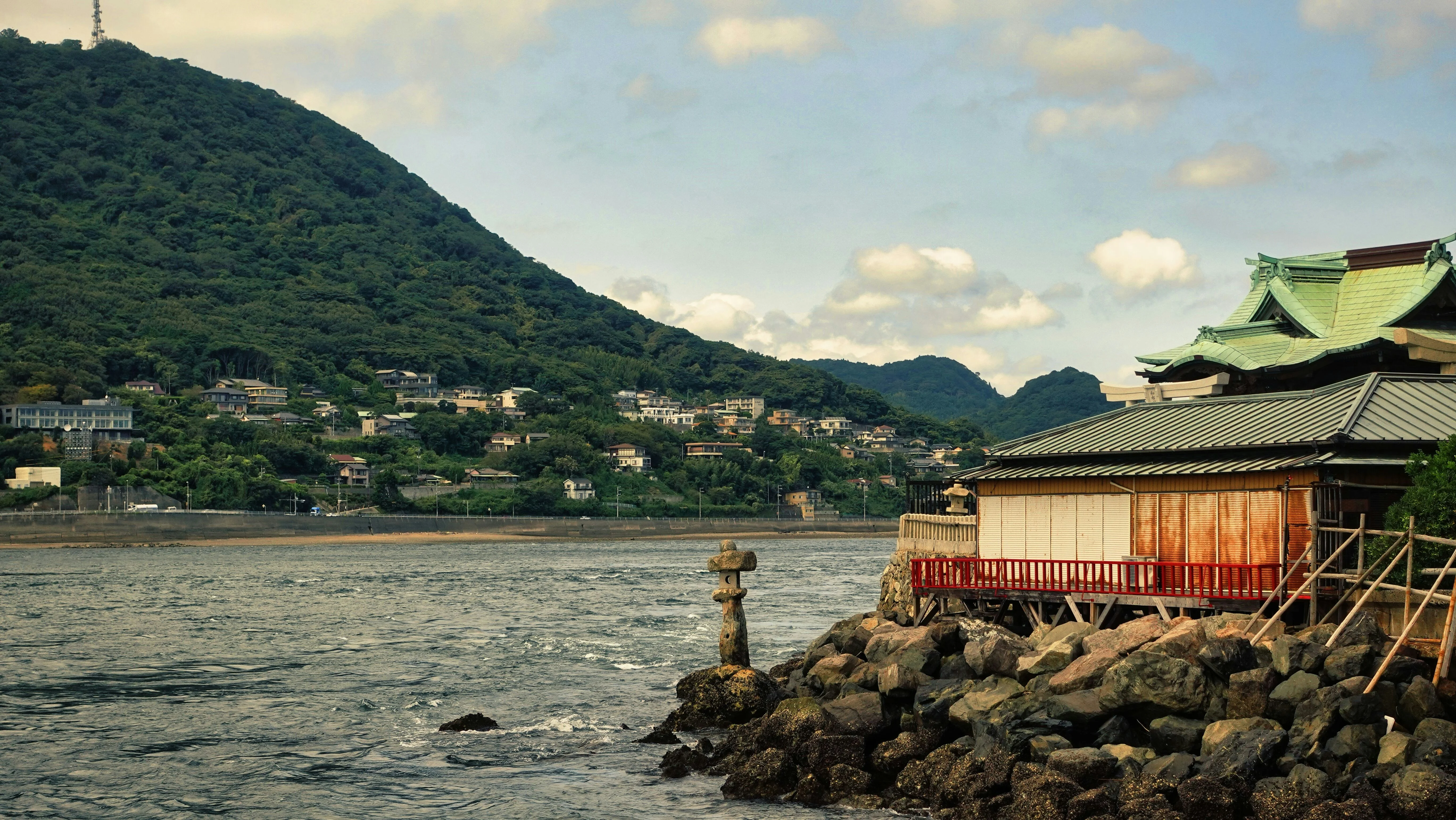
Fukuoka, a vibrant city on Japan's Kyushu Island, is often celebrated for its rich history, exquisite cuisine, and bustling urban life. However, tucked away beyond its urban sprawl lies an entirely different world waiting for nature enthusiasts and eco-travelers alike. These hidden wildlife sanctuaries offer a refreshing escape from the ordinary, providing unique eco-experiences that marry nature with serenity.
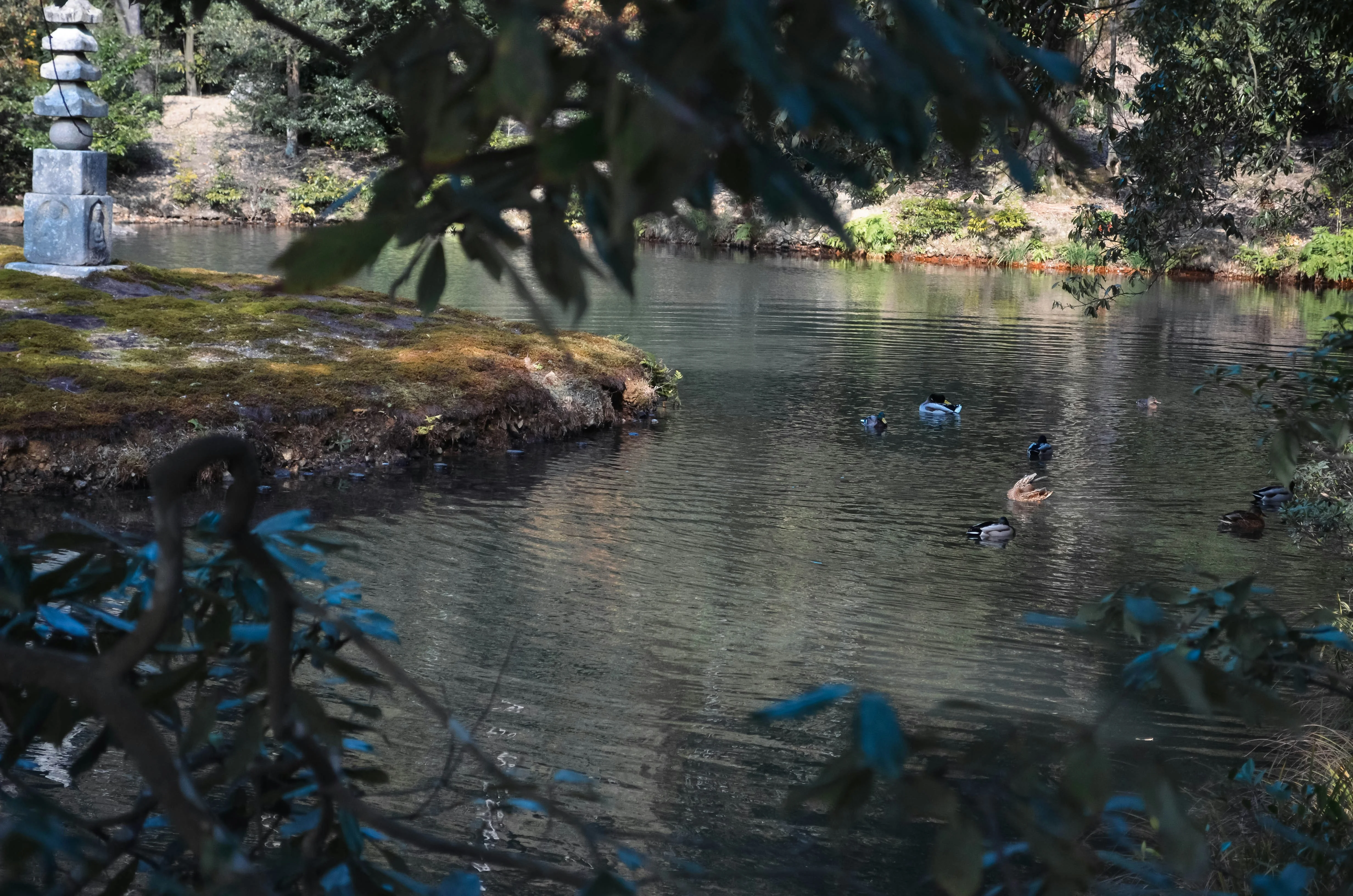
The Allure of Fukuoka's Secret Sanctuaries
In a city defined by modernity and tradition, Fukuoka's wildlife sanctuaries serve as a testament to the untamed beauty rarely witnessed by the average traveler. These havens are perfect for those who wish to step away from the conventional tourist path and immerse themselves in nature's intricacies.
1. Raizan Sennyoji Daihioin and Its Enchanted Forest
Located at the base of Mount Raizan, Raizan Sennyoji Daihioin Temple is not only a historic site but also an entrance to a lush, verdant forest. The trails surrounding the temple are home to an array of biodiversity, where native plant species thrive alongside elusive wildlife. Bird watchers will find joy in spotting rare species flitting between the trees, while botany enthusiasts can marvel at the rich tapestry of flora.
2. Nokonoshima Island: A Biodiversity Oasis
A short ferry ride from Fukuoka City, Nokonoshima Island is a paradise for eco-tourists. Known for its stunning flower parks, the island also harbors hidden trails that lead through forests filled with native birds and small mammals. It's a microcosm of biodiversity, boasting picturesque hiking routes that reward explorers with panoramic views of the surrounding sea.
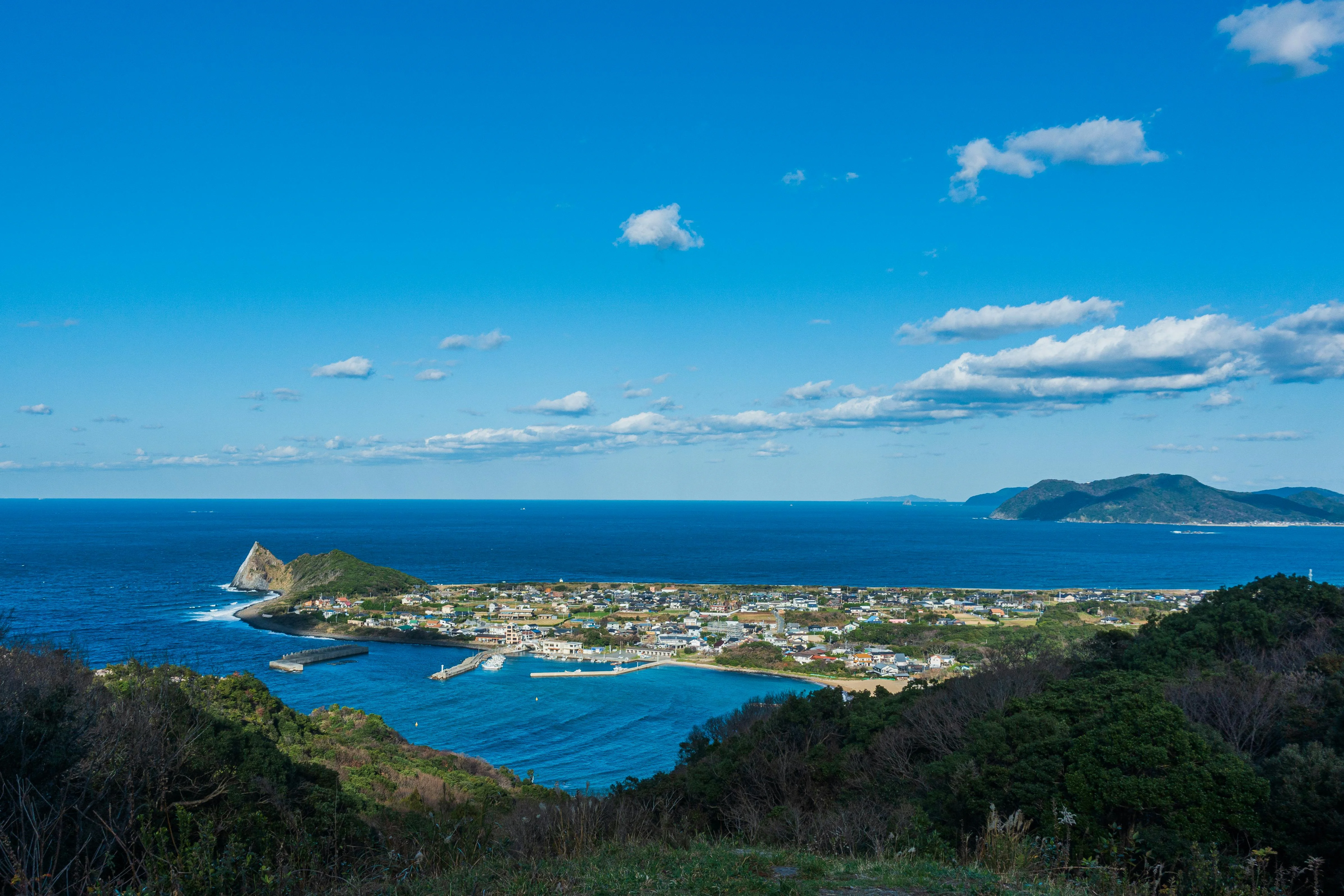
3. Itoshima's Rural Retreats
Venture further into Fukuoka Prefecture to discover Itoshima, an area combining idyllic beach locales with rural landscapes. This region offers several low-key sanctuaries where traditional Japanese farming methods create a symbiotic relationship with local ecosystems. Agritourism travelers can experience firsthand how these ancient practices encourage wildlife to flourish, providing a sustainable template for modern agricultural techniques.
Embracing Agritourism in Fukuoka
Fukuoka's agricultural heritage not only supports its wildlife sanctuaries but also invites travelers to engage with the local way of life. Agritourism is growing steadily, as visitors seek authentic experiences that provide a deeper understanding of Japan's rural culture. Participate in rice planting sessions, learn to make miso, or partake in seasonal harvest festivals—all set amidst the tranquility of nature-rich settings that support diverse ecosystems.
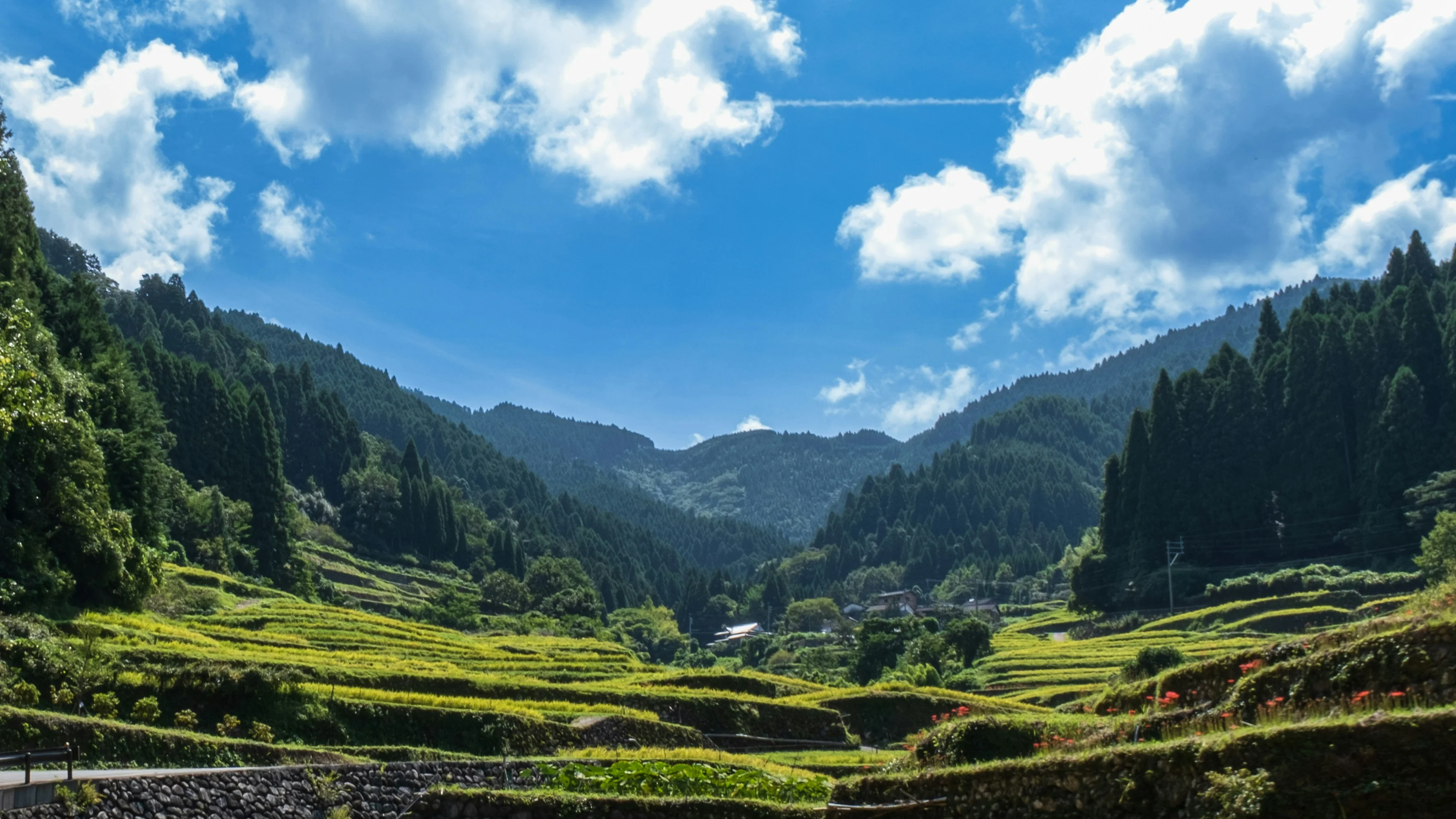
Why Visit Fukuoka's Lesser-Known Wildlife Sanctuaries?
Visiting these secret sanctuaries offers more than just a feast for the senses; it plays a crucial role in fostering a stronger connection to nature. For the eco-conscious traveler, these hidden gems are an opportunity to support conservation efforts and sustainable tourism practices. Engaging with the environment responsibly ensures these beautiful landscapes and their inhabitants continue to thrive for generations to come.
Conclusion
Fukuoka's lesser-known wildlife sanctuaries are calling out to those with a spirit of adventure and a love for nature. These hidden corners of the prefecture provide unparalleled opportunities for eco-exploration, inviting visitors to discover a side of Japan that often goes unnoticed. Whether you're trekking through a forest, wandering across a serene island, or experiencing rural farming life in Itoshima, Fukuoka offers eco-experiences that promise both peace and profound discovery.
